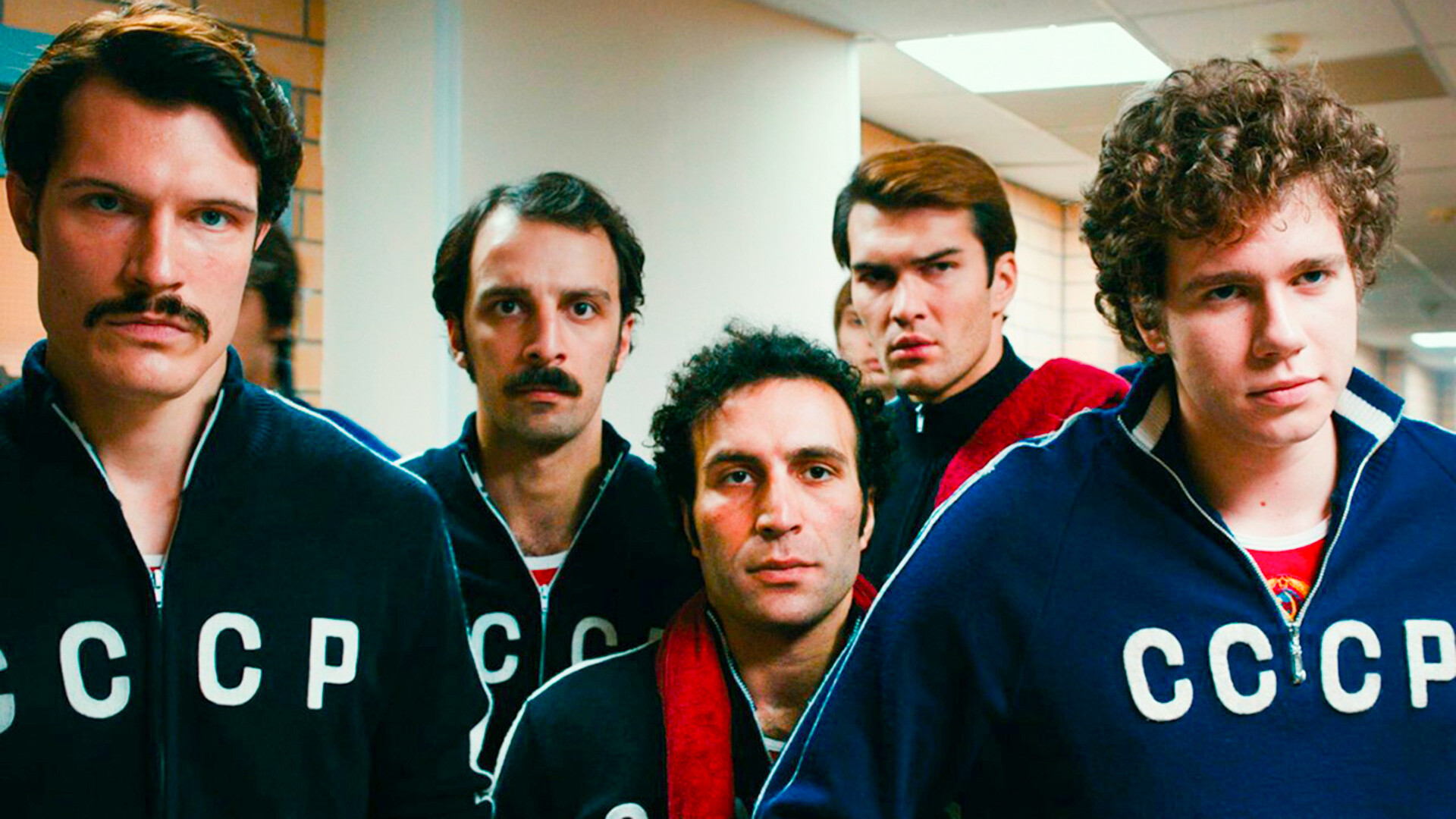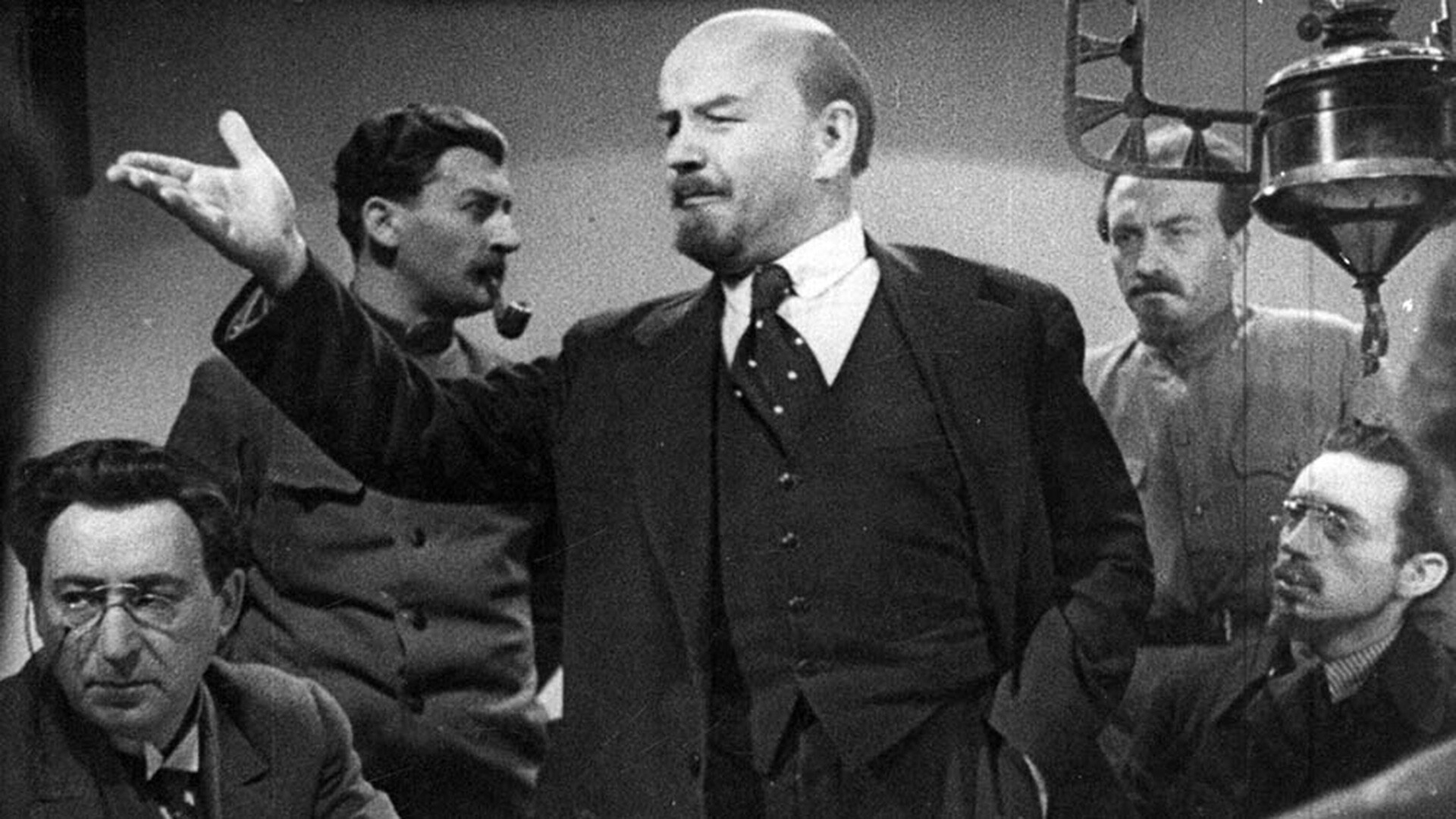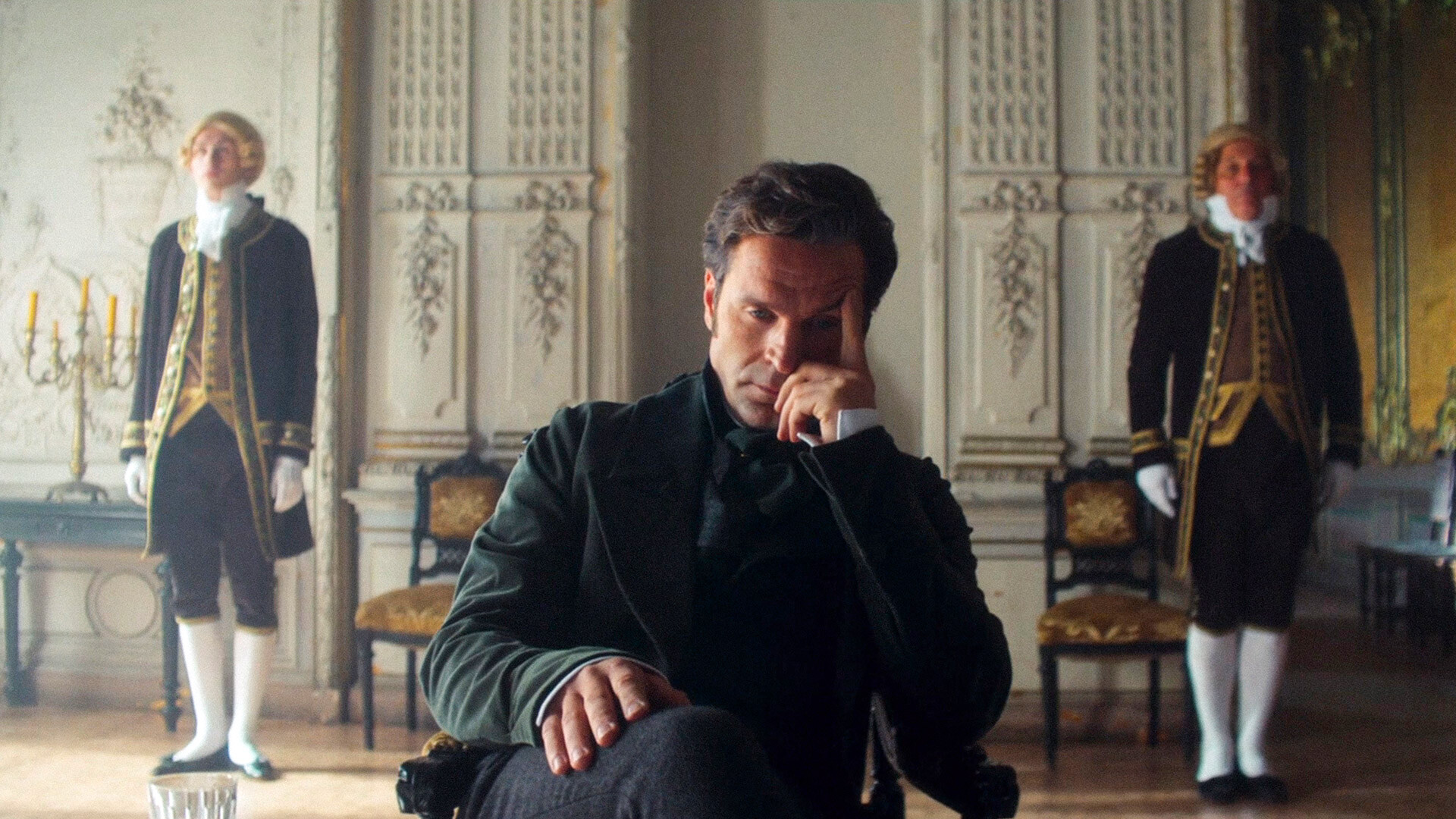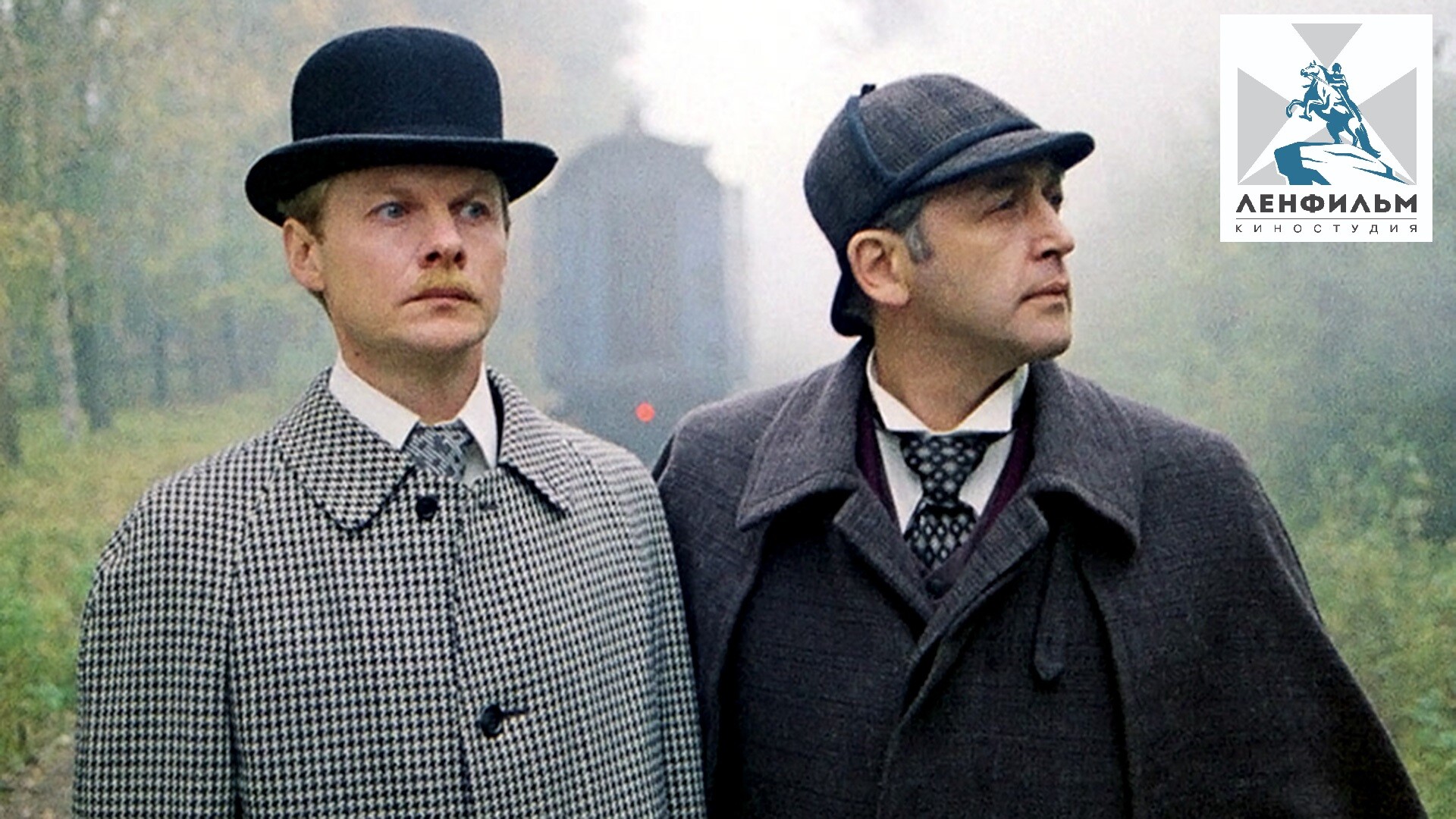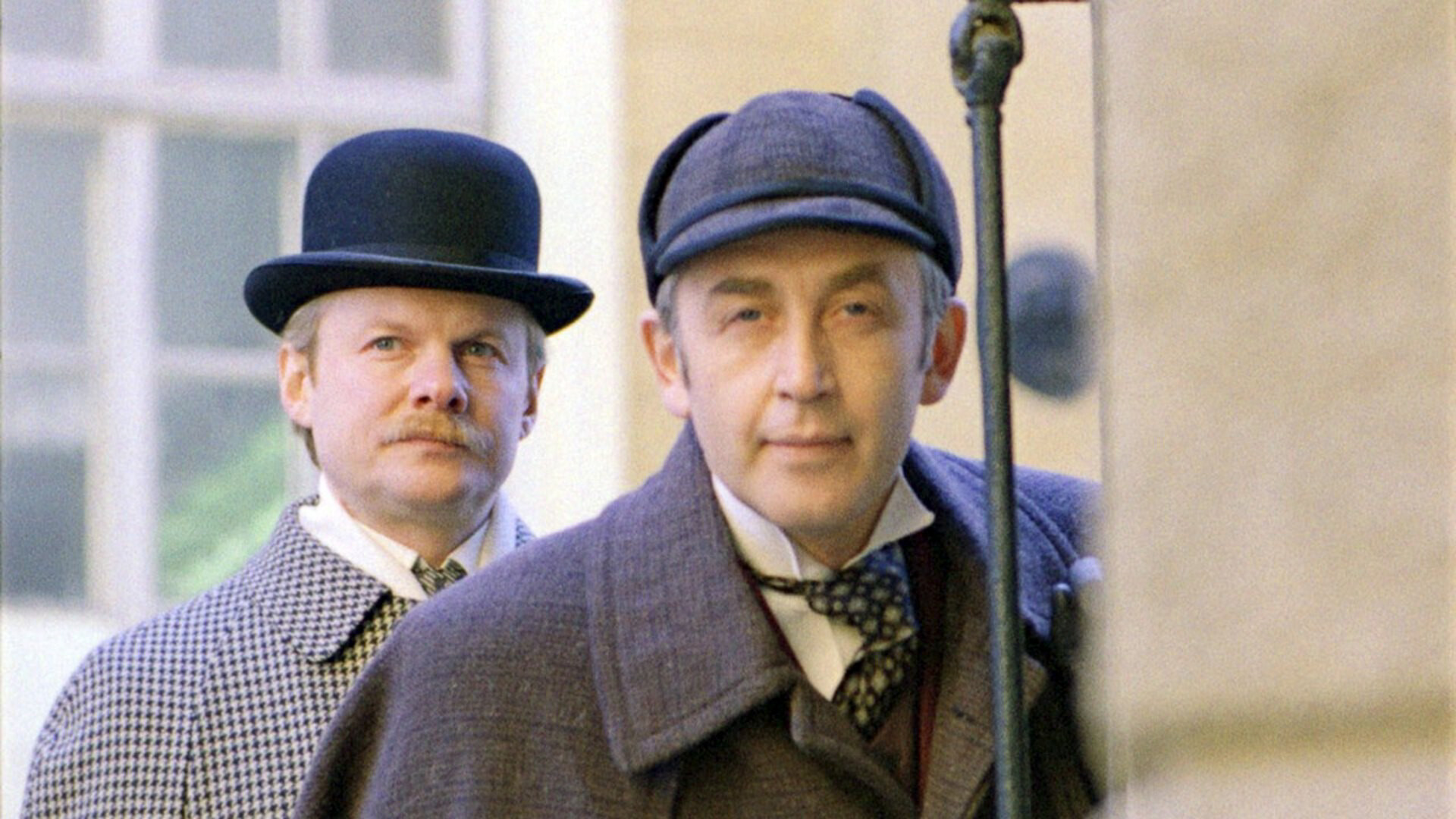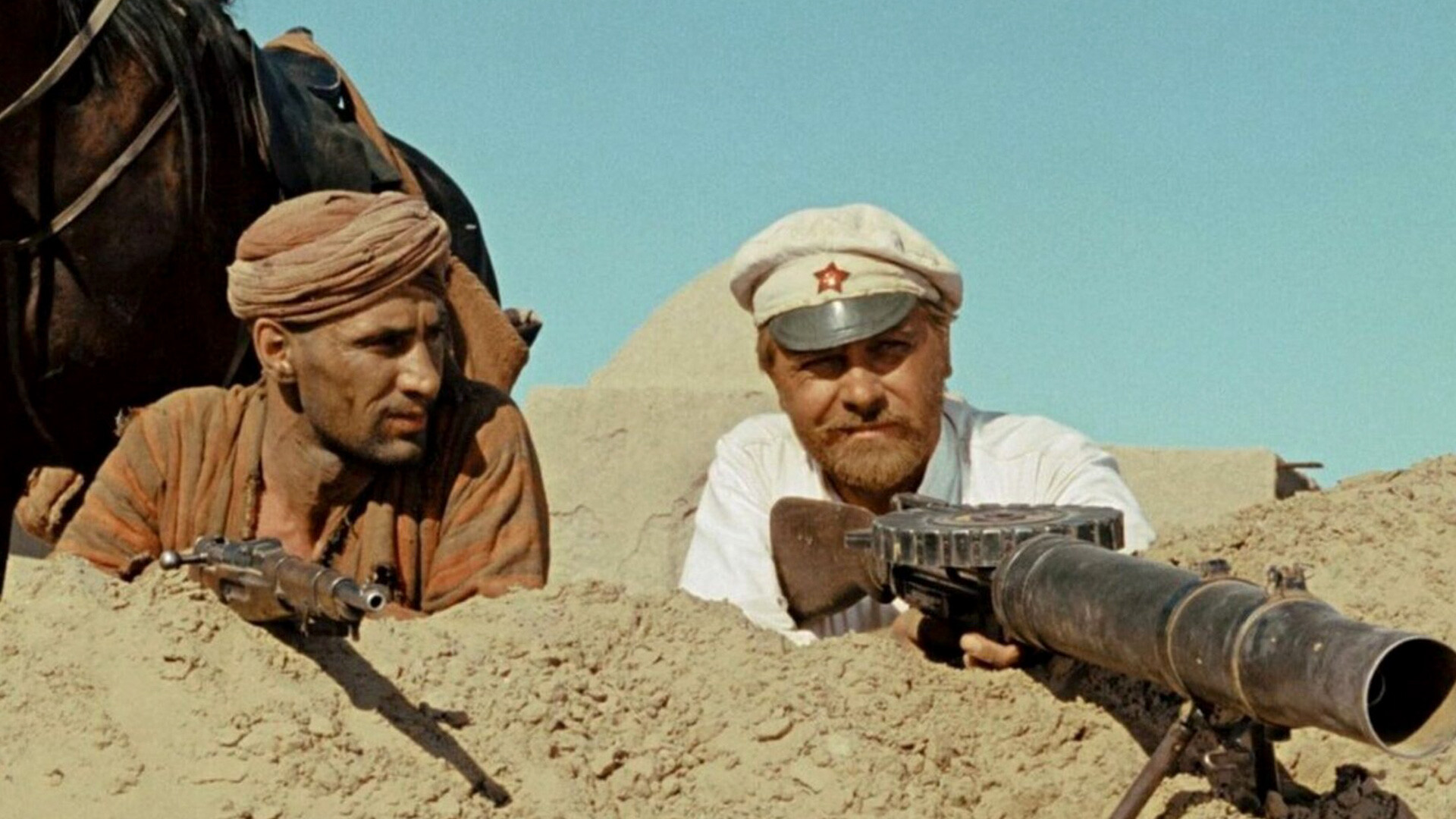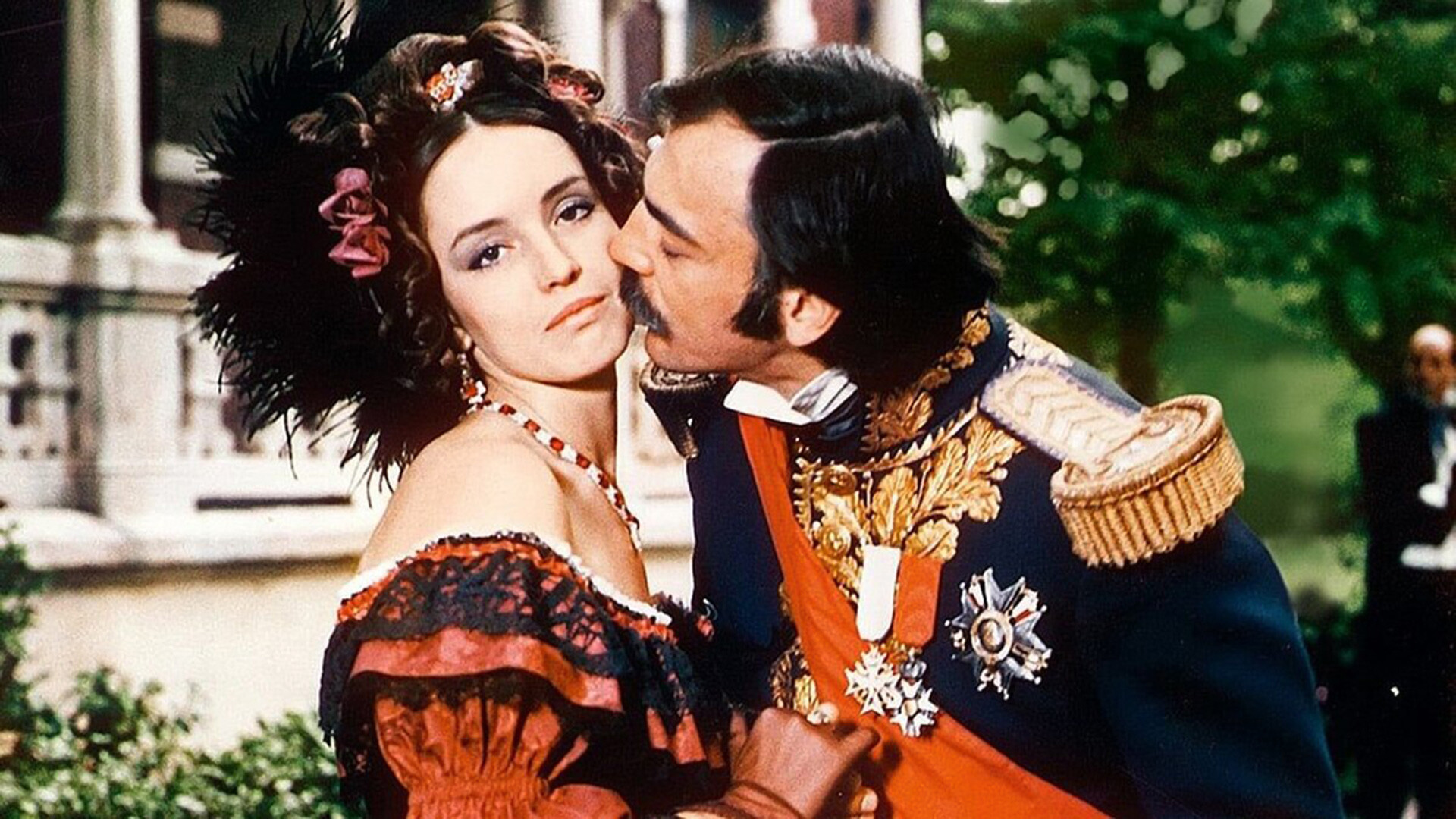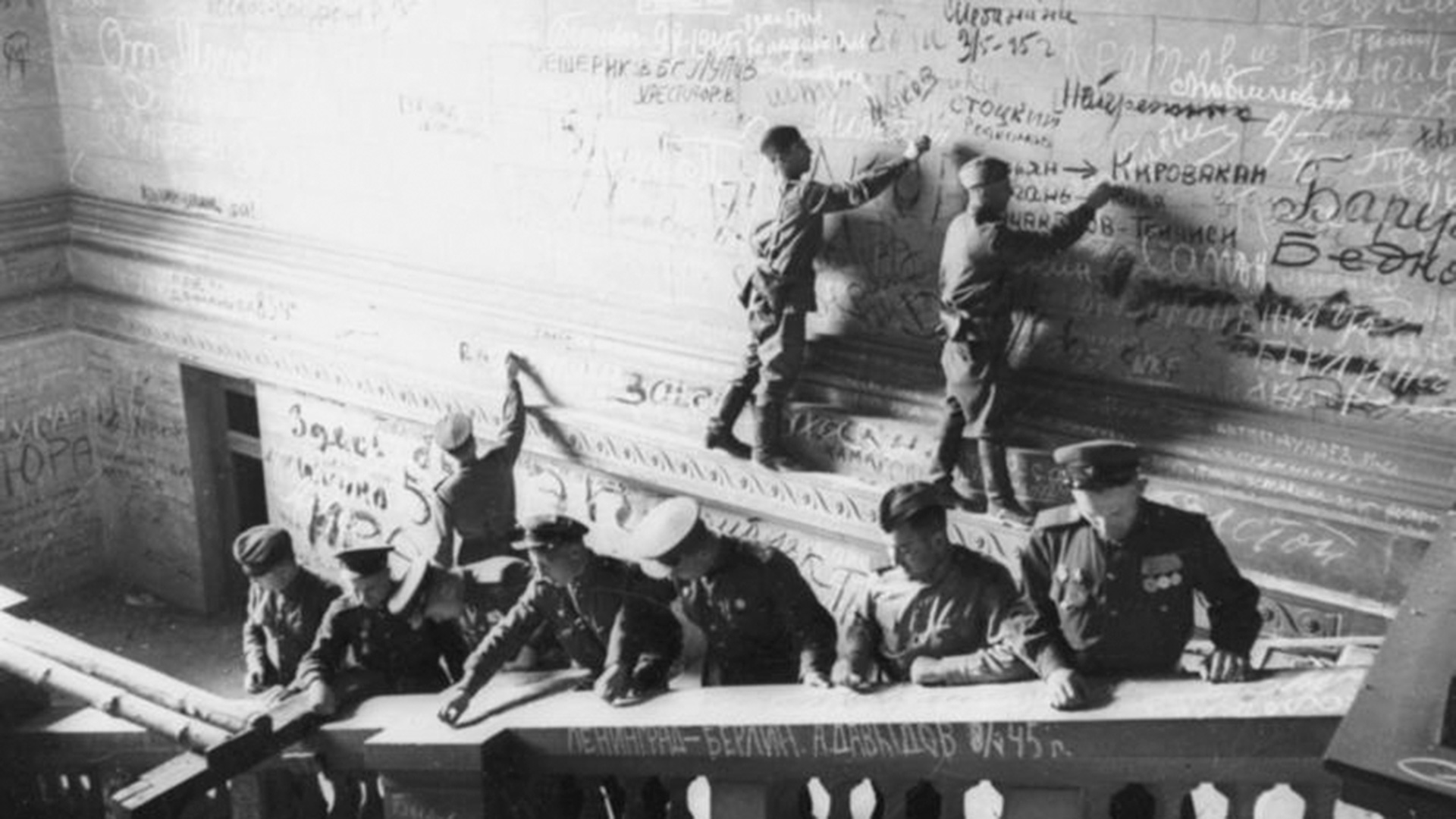
Why did the Third Reich’s most prominent film director Leni Riefenstahl travel to Russia?
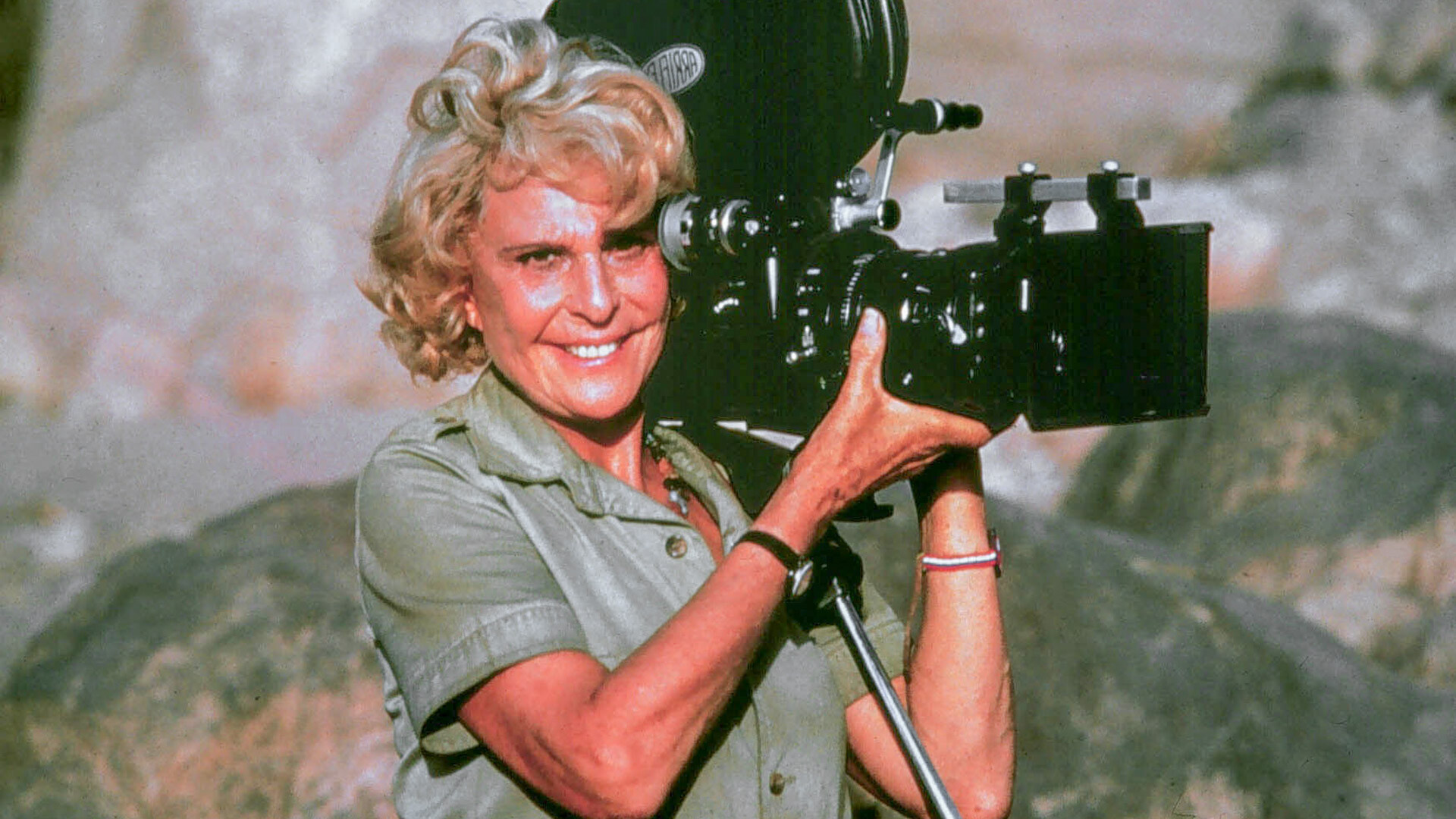
The annual ‘Message to Man International Film Festival’ has been held in St. Petersburg since 1989. As stated in its first charter, the festival was set up “with the aim of promoting contacts and exchanges of ideas among filmmakers from different countries who pursue the ideas of goodness, social justice and peace in their work”. In this context, inviting Leni Riefenstahl to the festival in 2001 looked rather odd.
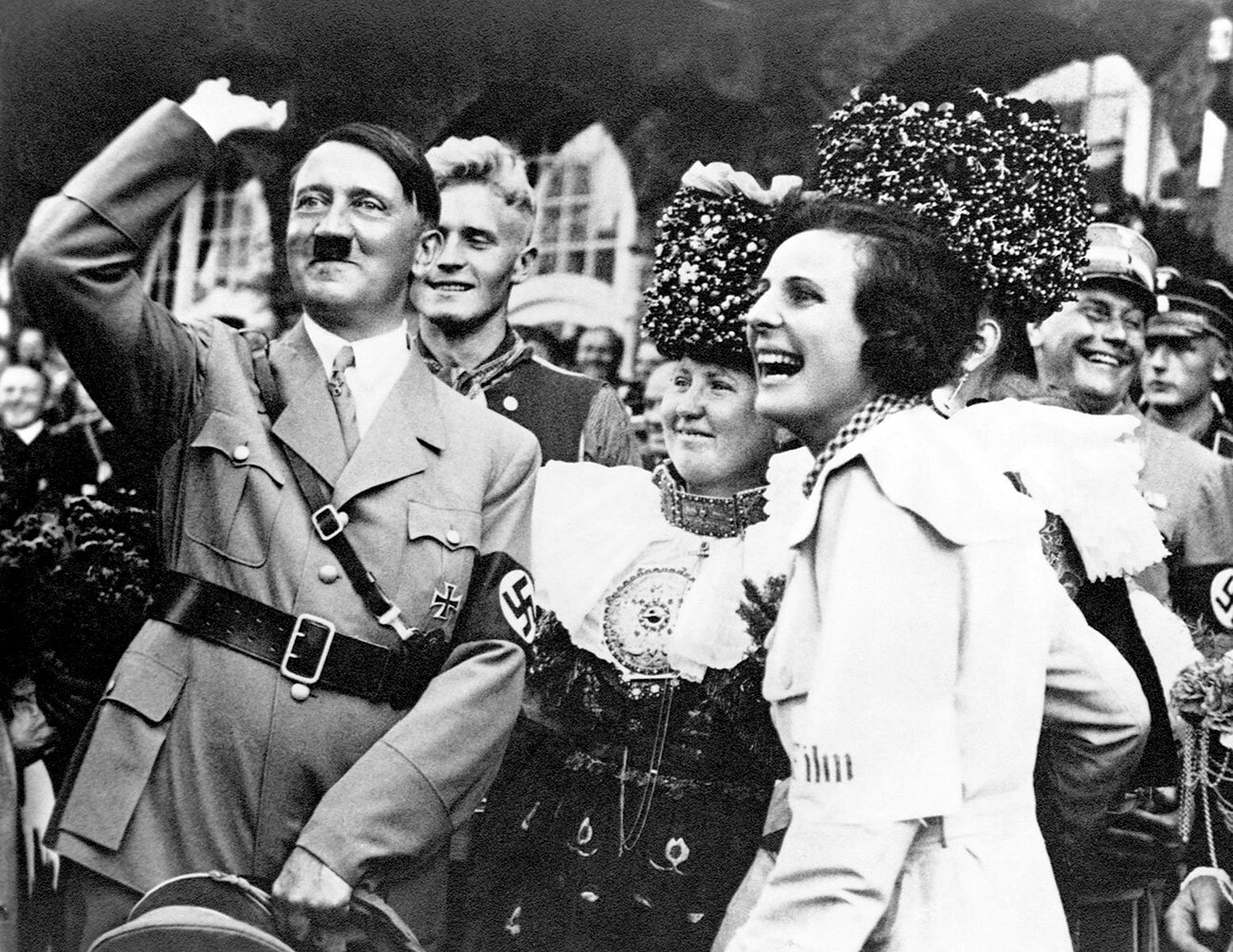 Leni Riefenstahl and Adolf Hitler
Leni Riefenstahl and Adolf Hitler
The film director met Adolf Hitler in 1932. And, the following year, Propaganda Minister Joseph Goebbels asked her to make a movie about a Nazi Party congress. Several more movies followed - not just about Nazi congresses, but also about the 1936 Summer Olympics in Berlin.
Riefenstahl was arrested by the Americans in April 1945. In 1948, her name was cleared under the denazification program.
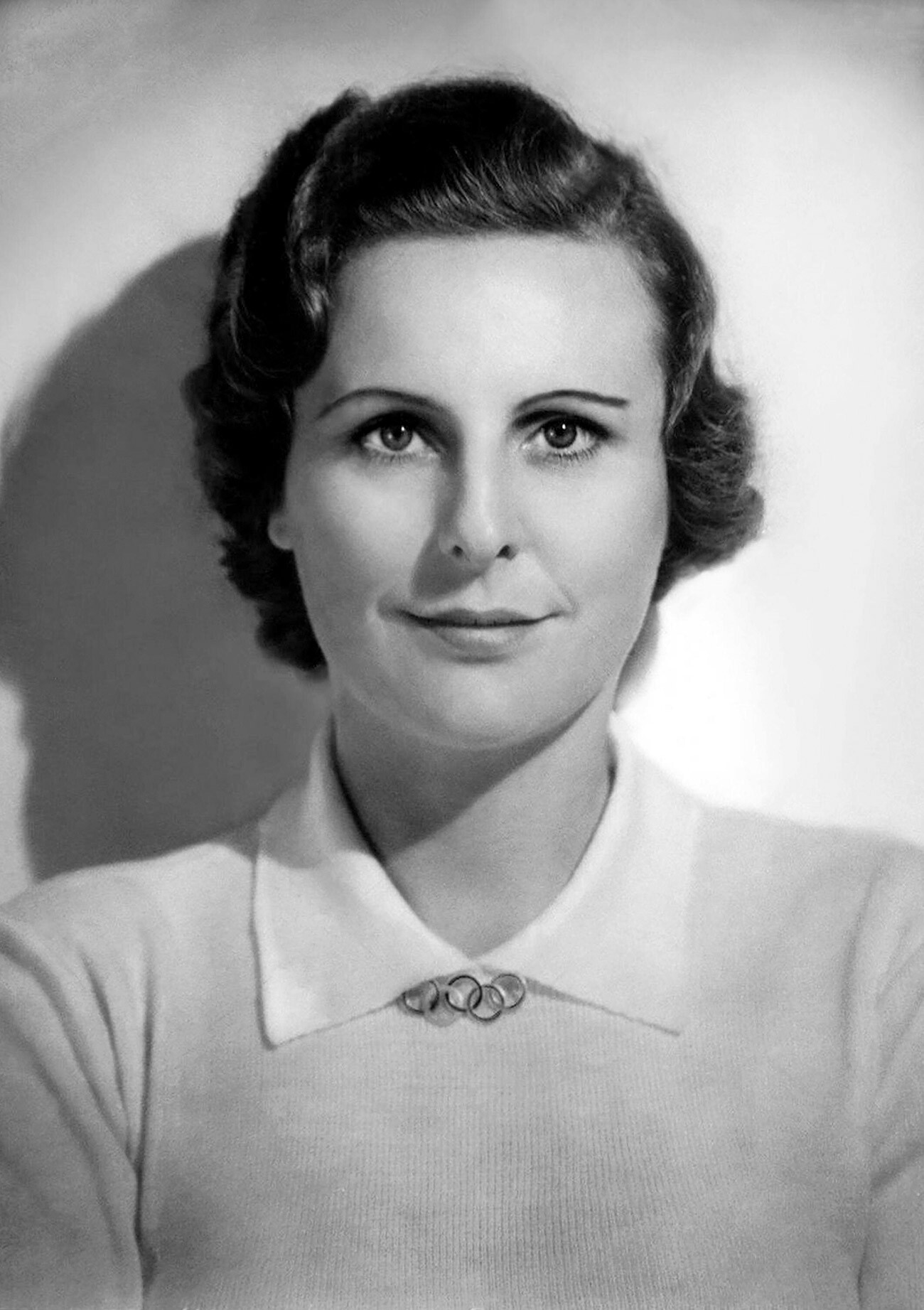 Leni Riefenstahl in the 1930s
Leni Riefenstahl in the 1930s
Fifty-six years after the fall of Nazi Germany, Leni Riefenstahl traveled to Russia to attend a documentary cinema festival. Her movies ‘Triumph of the Will’ (1935) and ‘Olympia’ (1938) were screened as part of a special program titled ‘Documentary Cinema in Totalitarian States’. The original plan had been to show ‘Triumph of the Will’, devoted to the Nazi Party congress in the Avrora, one of St. Petersburg’s oldest cinemas. It was a theater that had maintained screenings throughout the Siege of Leningrad.
Following large-scale protests, the projection of Riefenstahl’s movie was switched to the House of Cinema and it took place behind closed doors.
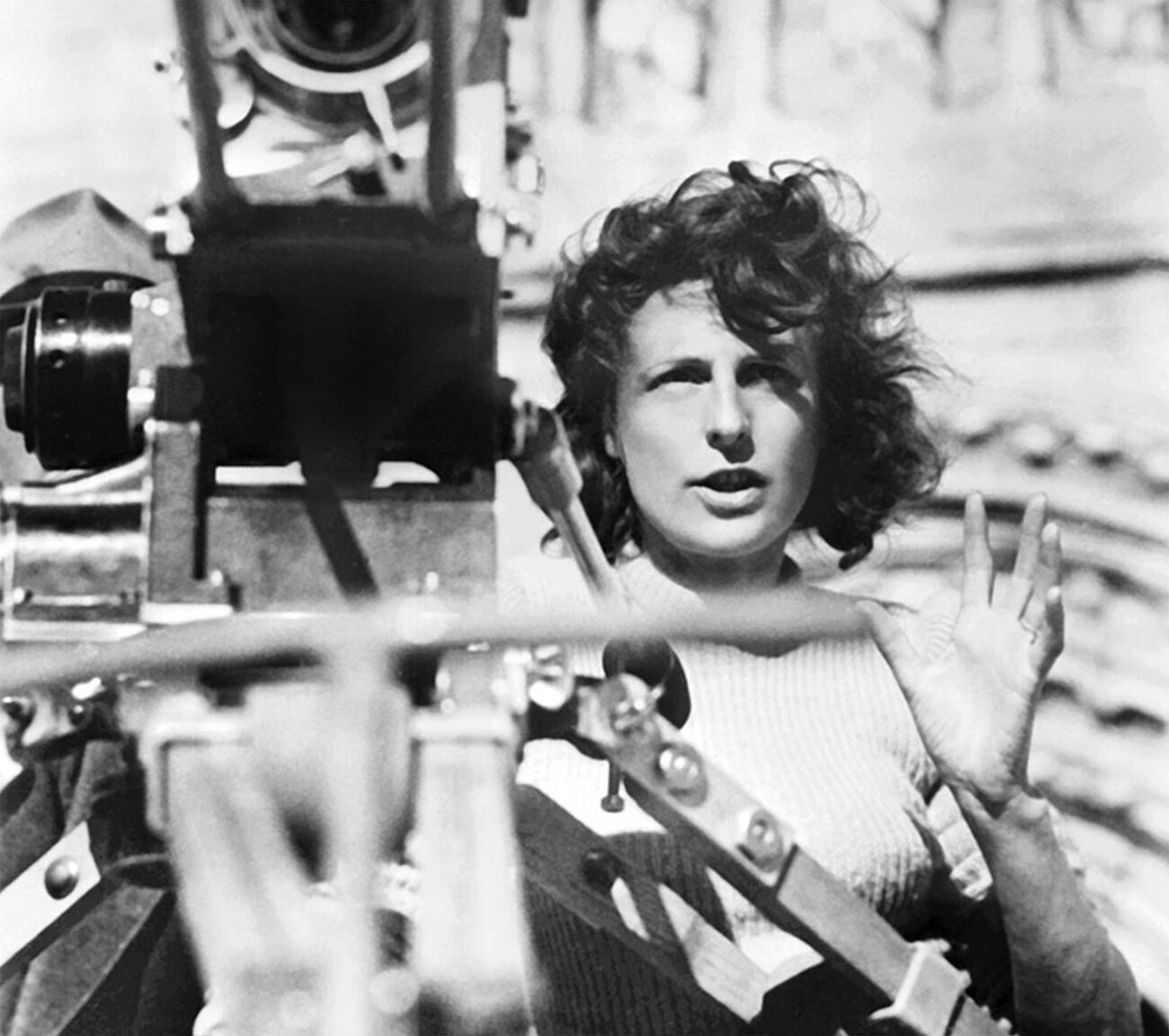 Work in progress
Work in progress
Festival director Mikhail Litvyakov presented Riefenstahl with a prize for her contribution to the cinema industry. Russian society split into two camps, with some people speaking of sacrilege and voicing their protest at the fact that a German director who had made movies to order for the Führer and bore some of the responsibility for the events of the last century was being welcomed as an honored guest in St. Petersburg. Others, however, were glad of the chance to meet a living cinema legend.
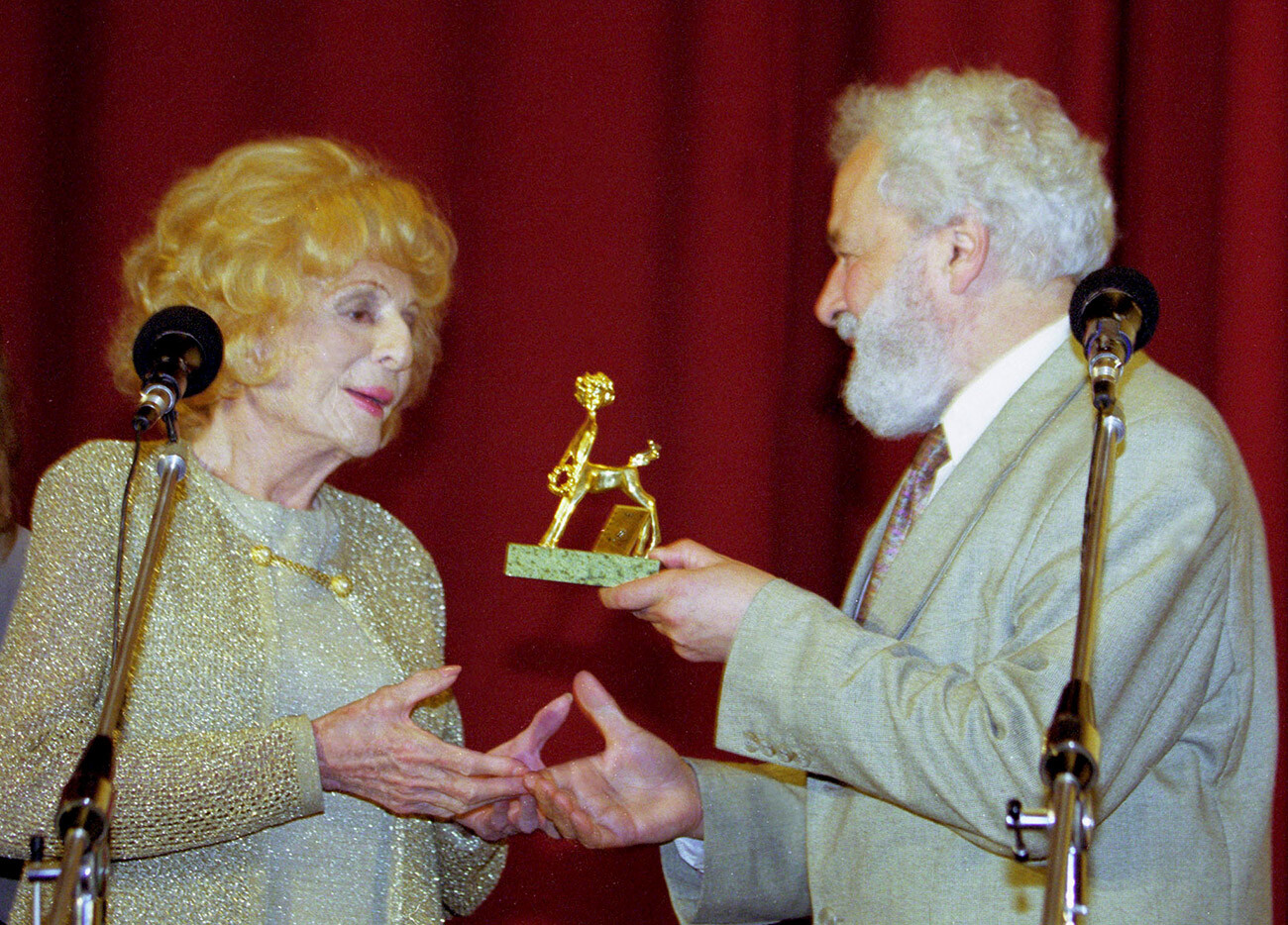 Leni Riefenstahl at her 98 being awarded with a prize for her contribution to the cinema industry in St. Petersburg
Leni Riefenstahl at her 98 being awarded with a prize for her contribution to the cinema industry in St. Petersburg
Whatever the case, two years after the festival, Mikhail Litvyakov was still going around various departments and state institutions, including the public prosecutor’s office and the State Duma, in a bid to justify the invitation issued to the most equivocal figure in 20th century cinema.



